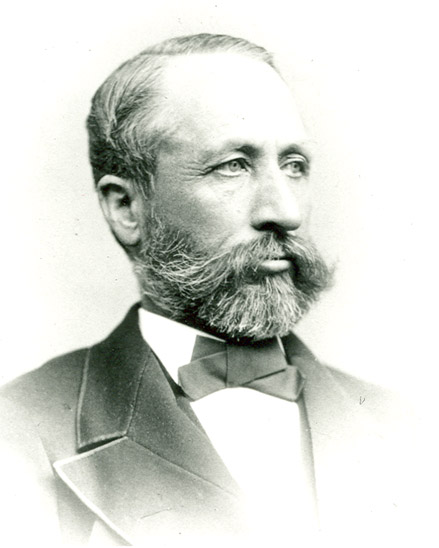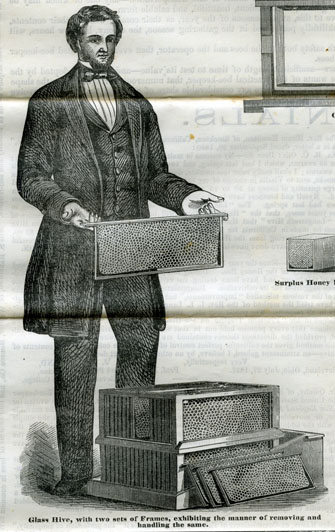Timothy Cushing Account Book
1764-1845 Bulk: 1781-1806
2 vols. 0.25 linear feet
Call no.: MS 485 bd
A carpenter by trade and a farmer, Timothy Cushing lived in Cohasset, Massachusetts, throughout most of his adult life. Born on Feb 2, 1738, the eighth child of Samuel Cushing, a selectman and Justice of the Peace from the second district in Hingham (now Cohasset), Cushing married Desire Jenkins (b. 1745) on June 4, 1765, and raised a considerable family of eleven children. During the Revolutionary War, he served for a brief period in companies raised in Cohasset, but otherwise remained at home, at work, until his death on December 26, 1806.
Cushing’s accounts offer a fine record of the activities of a workaday carpenter during the first decades of the early American republic, reflecting both his remarkable industry and the flexibility with which he approached earning a living. The work undertaken by Cushing centers on two areas of activity — carpentry and farm work — but within those areas, the range of activities is quite broad. As a carpenter, Cushing set glass in windows, hung shutters, made coffins, hog troughs, and window seats; he worked on horse carts and sleds, barn doors, pulled down houses and framed them, made “a Little chair” and a table, painted sashes, hewed timber, made shingles, and worked on a dam. As a farm worker, he was regularly called upon to butcher calves and bullocks, to garden, mow hay, plow, make cider, and perform many other tasks, including making goose quill pens. The crops he records reflect the near-coastal setting: primarily flax, carrots, turnips, corn, and potatoes, with references throughout to cattle and sheep. During some periods, Cushing records selling fresh fish, including haddock and eels.
Subjects
Agricultural laborers--Massachusetts--Cohasset--18th centuryCarpenters--Massachusetts--Cohasset--18th centuryCohasset (Mass.)--Economic conditions--18th centuryCohasset (Mass.)--Economic conditions--18th centuryContributors
Cushing, Isaac, 1813-1891Cushing, Timothy, 1738-1806Types of material
Account books



 View the online
View the online 
